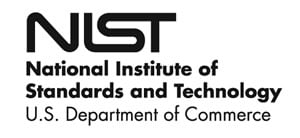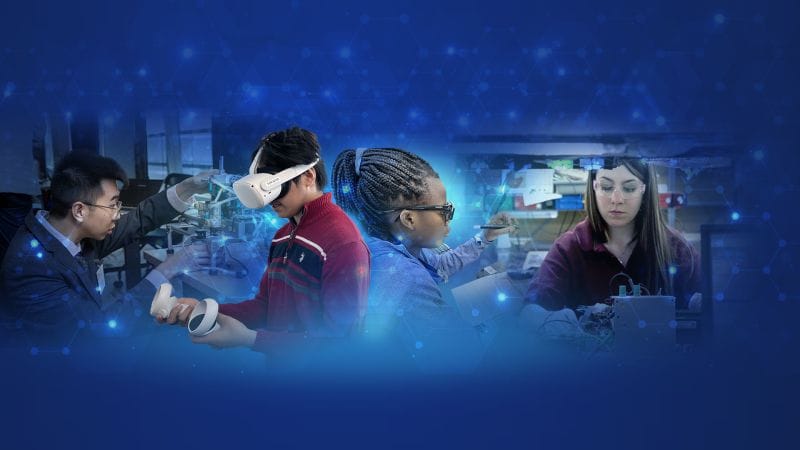RSS Feed Source: MIT Technology Review
Across industries, enterprises are increasingly adopting an on-demand approach to compute, storage, and applications. They are favoring digital services that are faster to deploy, easier to scale, and better integrated with partner ecosystems. Yet, one critical pillar has lagged: the network. While software-defined networking has made inroads, many organizations still operate rigid, pre-provisioned networks. As applications become increasingly distributed and dynamic—including hybrid cloud and edge deployments—a programmable, on-demand network infrastructure can enhance and enable this new era.
From CapEx to OpEx: The new connectivity mindset
Another, practical concern is also driving this shift: the need for IT models that align cost with usage. Rising uncertainty about inflation, consumer spending, business investment, and global supply chains are just a few of the economic factors weighing on company decision-making. And chief information officers (CIOs) are scrutinizing capital-expenditure-heavy infrastructure more closely and increasingly adopting operating-expenses-based
Click this link to continue reading the article on the source website.



